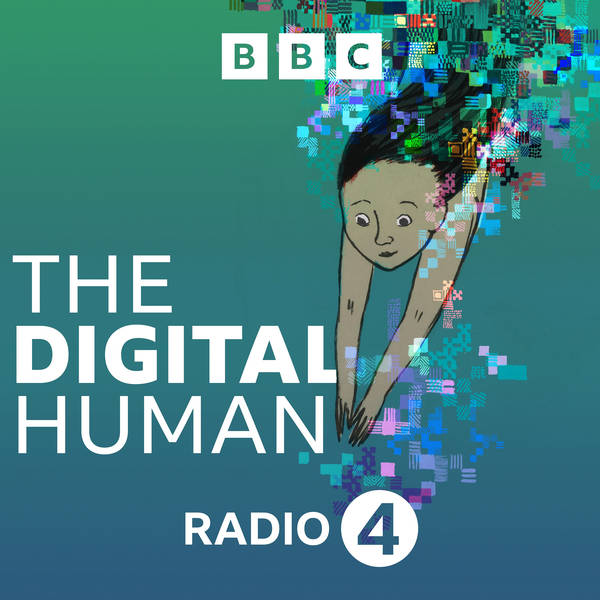
Disinhibition
Aleks Krotoski explores whether disinhibition, often associated with toxic online behaviours such as trolling, may also have benefits in our digital world?
Since the early days of the internet, research into disinhibition, including John Suler’s much-cited paper on the ‘online disinhibition effect’ has recognised that benign disinhibition not only exists alongside toxic but deserves equal consideration. Yet somehow, our fascination with the negative often drowns out more nuanced perspectives. In this episode of the Digital Human, Aleks investigates scenarios where disinhibition might be helpful, examines factors which positively facilitate it and asks whether assumptions that aggressive online behaviours are a result of disinhibition might be a misdiagnosis of the problem.
Producer: Lynsey Moyes Researcher: Juliet Conway
Contributor Biographies:
Ani de la Prida is a psychotherapist and creative arts counsellor and teaches at the University of East London, where she did her master's degree research on the use of digital media in arts therapy. Ani also the founder and course director of the Association for Person-Centred Creative Arts.
Tom Postmes is professor of Social Psychology at the University of Groningen. He completed his PhD at the University of Amsterdam. In his research Postmes shows how everyday interactions can lead to such collective behaviour.
Judith Donath is a writer, designer and artist whose work examines how new technologies transform the social world. Author of The Social Machine (MIT Press, 2014), she is currently writing a book about technology, trust and deception.
Caitlin McGrane is a feminist activist, researcher and academic based in Melbourne, Australia. She works for Gender Equity Victoria leading a project enhancing online safety for women working in the media.
Catherine Renton is a freelance writer and culture reviewer based in Edinburgh.
